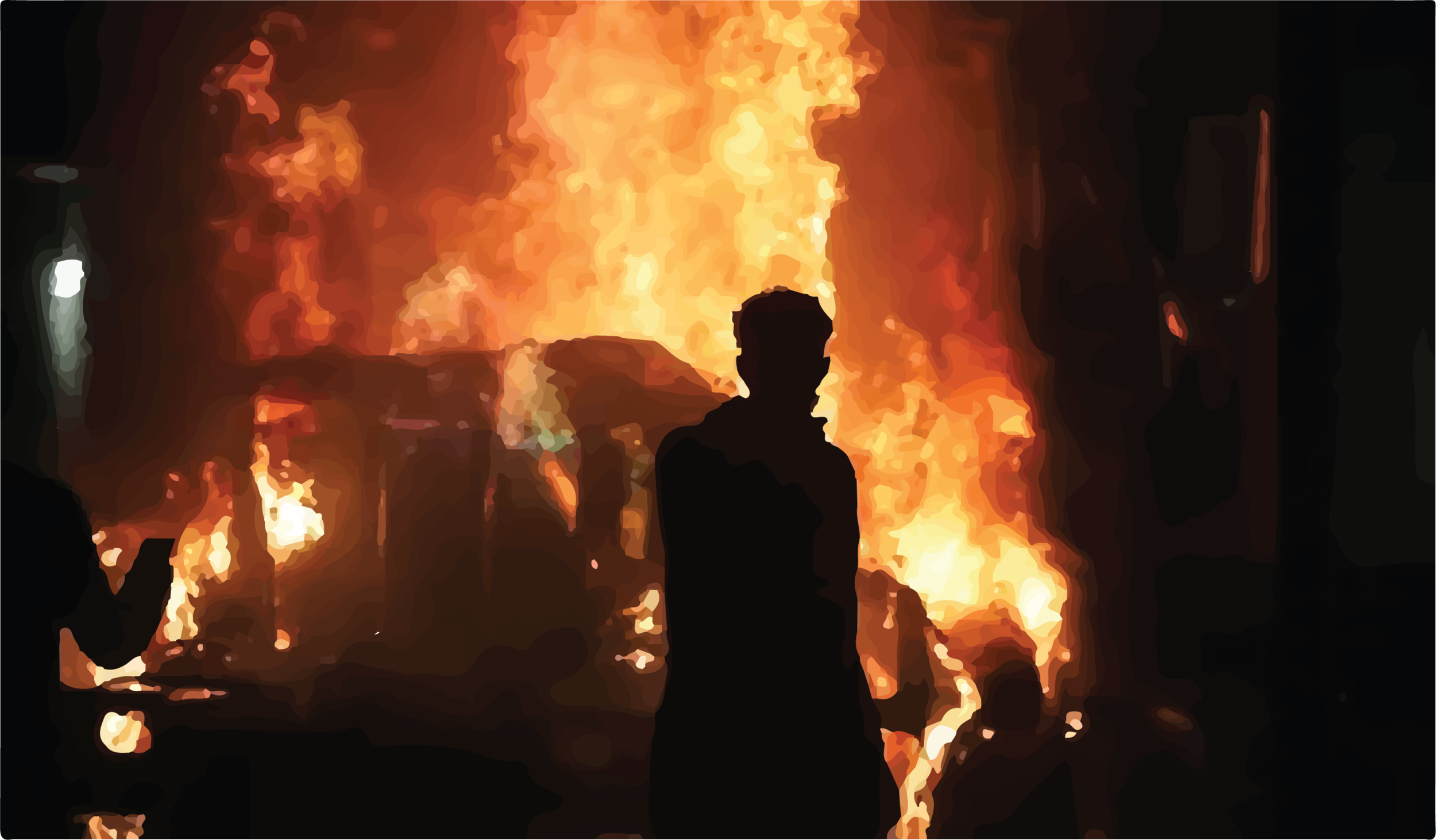
A Time to Weep; A Time to Witness
We, as Christians, have something far greater to give than our tears. In the face of injustice, we’re not merely called to weep: more importantly, we are called to witness - because true reconciliation cannot happen absent the gospel – the good news of Jesus for a broken, messed-up, dying world.
Totally Free. Totally Worth It.
Would you pay $306 for a steak? Let me rephrase the question: would a $306 steak be worth buying?
Let’s just say what internet famous foodie Steven Lim insists is true – that $306 New York strip of Wagyu beef is absolutely worth the cost: would you buy it? Maybe you would. Maybe you wouldn’t. Maybe you couldn’t: the cost is simply to high to pay. Well what if that steak was set before you this afternoon for lunch and – get this – it was absolutely free. Would it still be worth it? Does the fact that it cost you nothing diminish or detract from the worth of that steak? In fact, wouldn’t that make it even better? Because the pinnacle of all steak experiences cost you absolutely nothing and you still got the same $306 experience!
In our Scripture reading today, we’re not bouncing around from restaurant to restaurant. The prophet Isaiah paints the picture of a marketplace, where people bounce from shop to shop buying food and drink. And in the midst of these storeowners lobbying their sales pitch and itemizing their competitive price points – you hear the distinct cries of one storeowner, who graciously and genuinely invites all to come to his shop. But this storeowner is no ordinary storeowner: it’s God himself! And his business model is completely different than everyone else’s: he’s giving all his goods away for free! And God extends such reckless love to the world.
A Humbled Heart Sees Help as a Blessing
“Why don’t you ask for help?” Maybe you’re better about stopping for directions than my dad was, but there are plenty of other times we find ourselves in need of help. But, we use our own resourcefulness to come up with a solution for those problems. But what if the problems you face start to strain your time, energy and resources? What happens when we are financially unstable? What happens when we are emotionally drained? What happens when we start to buckle under all our responsibilities? What happens when those hardships reach the point they are far beyond your ability to handle?
Why don’t we ask for help? The answer is pride. Pride sees help as unnecessary. As weakness. As no good. Instead, the better response to hardship is humility. Because a humbled heart sees help as a blessing.
Branches of the Vine
Sure, even without internet and power, a HP Spectre x360 laptop still looks like a laptop. But without a connection to internet and power, this laptop loses all of its intended functionality – what it was designed to be, and what I, as a pastor in the 21st century, need it to be. Without the critical connection it needs, this laptop can do absolutely nothing. Without that connection, this laptop is just a $1,200 paperweight.
How’s that connected to Jesus’ words in John 15? The connection is the importance of your connection. Being connected to Christ not only makes all the difference, it makes the only difference.
Our Plans in God's Hands
An architect sketches out blueprints – plans for what her building will look like and how it will be built. A football coach fills up his play book – plans for how his team will win and what plays they’ll need to make in order to win. A physical therapist lays out a recovery road map for a patient – a plan for how that patient will recover and what they need to do to get there. Whether you’re planning a graduation party, a family vacation, or your retirement, good planning is a systematic process of envisioning a desired future and then translating that vision into goals – goals that are specific, measurable, achievable, relevant, and time-sensitive. A good plan give direction, focus, and reiterates purpose to why we do what we do.
How about for the Christian life? What about here at church? Should we engage in strategic planning, too? Absolutely. We plan to do God’s will, and we trust that our plans are in His hands.
When We Trust the One Who Gives, We Give
How can someone with so little, give so much?
A woman drops a few small coins - the last of her money - into the temple treasury. It didn’t seem like much, but it was all she had - and she gave it all back to God. How can someone with so little, give so much?
The gifts we give communicate something, don’t they? Kinda like when a son buys flowers for his mom – he’s communicating he loves her. Just as that woman’s few coins she gave to the temple communicated that she loved God. But there’s something else that is communicated by this story – when a believer with so little gives so much. What’s communicated is trust, an amazing trust in God.
And when we trust the One who gives, we give.







